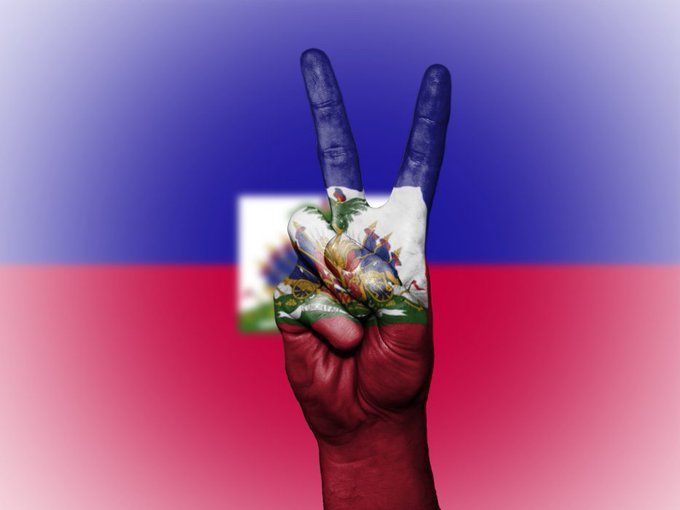By Eddah Waithaka
Storytellers, journalists, and advocates from across Africa gathered in Nairobi on Tuesday, championing the power of personal narrative to shatter stereotypes, influence policy, and build empathy in a digitally saturated world.
The media roundtable, themed “Daring to Hope,” highlighted how authentic African stories are forging tangible change.
Participants shared powerful examples, including how a Kenyan widow’s testimony before the United Nations in 2022 helped pass a resolution protecting widows from discrimination and changing inheritance laws.
“The more personal a story is, the more universal it becomes,” said Sarah Austin Jenness, Executive Producer of the global storytelling organization The Moth, which helped organize the event.
“Stories challenge dominant narratives and help people realize that global issues, from gender equity to food security are not abstract. They are right here in our own backyards.”
The discussion framed storytelling as both an ancient African tradition and a modern tool for advocacy.
Speakers argued that personal stories create a unique, empathetic connection that data and reports cannot achieve.
From Personal Pain to Public Impact
Multiple panelists illustrated how sharing their own difficult experiences unlocked a path to advocacy.
One storyteller recounted how delivering an HIV-positive diagnosis to a patient transformed her own career path, pushing her into volunteer work and advocacy for women and children.
Another shared that telling her story of surviving gender-based violence within a supportive community empowered her to own her identity as a survivor and use her voice for others.
“When someone shares their story live, you connect with their fears, their triumphs, and their courage,” said Ugandan change-maker Brian Turyabagye. “That connection is healing. It reminds people that they’re not alone.”
A key theme of the roundtable was a direct challenge to African media to move beyond superficial or sensationalist reporting.
Panelists urged journalists to create space for more nuanced, personal stories that include both success and failure.
“The media should be able to introduce formats where somebody can actually bring in the good experience and also the failure,” said one advocate, noting that relentless “glorifying” in news reports creates unrealistic expectations and ignores shared human struggles.
Storyteller Caroline Kamau emphasized that protecting the dignity of subjects is paramount. “We must tell stories that heal, not harm,” she said. “When covering sensitive issues… journalists must ensure the story uplifts the subject rather than exploits their pain.”
The Unbeatable Power of Live Connection
While acknowledging the reach of digital platforms, speakers argued that live, in-person storytelling fosters an unmatched intimacy.
“A live story lets people laugh with you, cry with you, and move with you,” said Turyabagye. “It’s not about clicks or likes, it’s about connection.”
Participants agreed that digital media, particularly podcasts and mindful social media channels, still hold great potential for sharing narratives when used to humanize rather than sensationalize.
The event concluded with a forward-looking commitment to train a new generation of African storytellers, equipping them with the craft and ethical foundation to shape the continent’s narrative, one personal story at a time.






